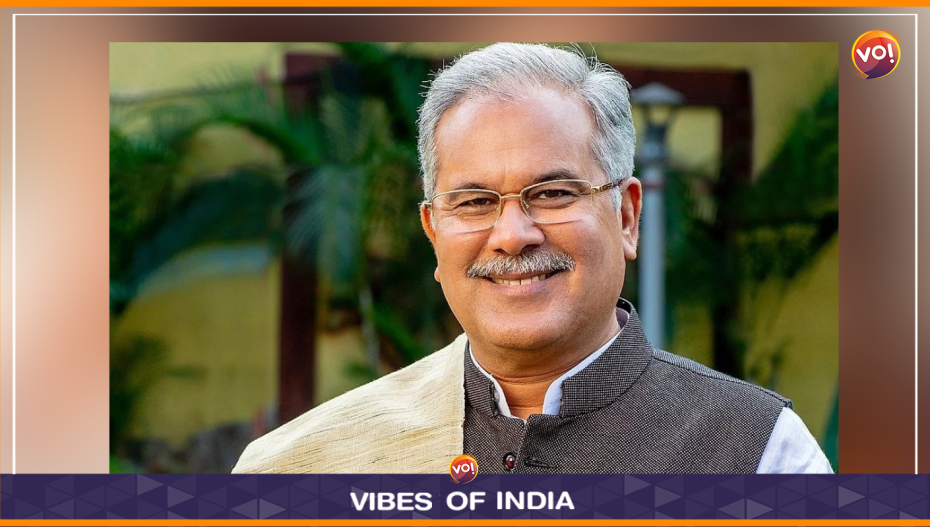Chhattisgarh Chief Minister Bhupesh Baghel has requested governor Biswabhusan Harichandan to give time to meet a delegation of state’s OBC Mahasabha and state backward classes welfare association.
The associations have sought to meet the governor via CM.
In a letter written to the governor, he has mentioned that during the OBC Mahasammelan organised in Raipur on August 27, he was asked by the Chhattisgarh OBC Mahasabha and backward classes welfare association that they wanted to meet him regarding their pending demands.
Hence, he was requesting the governor to allot time for the delegation to meet and consider their demands sympathetically.
The members of the association met the CM on Sunday and placed their demand in context of benefits to the OBC category in public welfare schemes of the government remaining pending. The associations urged to implement a 27 per cent OBC reservation at the earliest.
In 2012, the previous Raman Singh government revised the reservation formula, allocating 32 per cent for Scheduled Tribes (STs), 12 per cent for Scheduled Castes (SCs), and 14 per cent for other backward classes, bringing the overall reservation to 58 per cent. However, the state high court in 2022 set aside the order, asserting that any reservation exceeding 50 per cent is unconstitutional. Subsequently, the matter was taken to the Supreme Court.
Meanwhile, the Bhupesh Baghel government passed two bills in December 2022 in the assembly aiming to increase the reservation for Other Backward Classes (OBCs) to 27 per cent and Scheduled Tribes (STs) to 32 per cent, Scheduled Castes (SCs) to 13 per cent, and Economically Weaker Sections (EWS) to four per cent. This move would have elevated the total reservation in the state to 76 per cent.
The bills were submitted to the then governor Anusuiya Uikey, for her approval. However, the bills have been pending since then.
In May 2023, the Supreme Court issued an interim order staying the high court’s decision. This development allowed the state to reinstate the reservation for government jobs and educational institutions to an overall 58 per cent—32 per cent for STs, 12 per cent for SCs, and 14 per cent for OBCs.
Also Read: Rajasthan Okays Minimum Wage Hike For Labourers By Rs 26 Per Day












